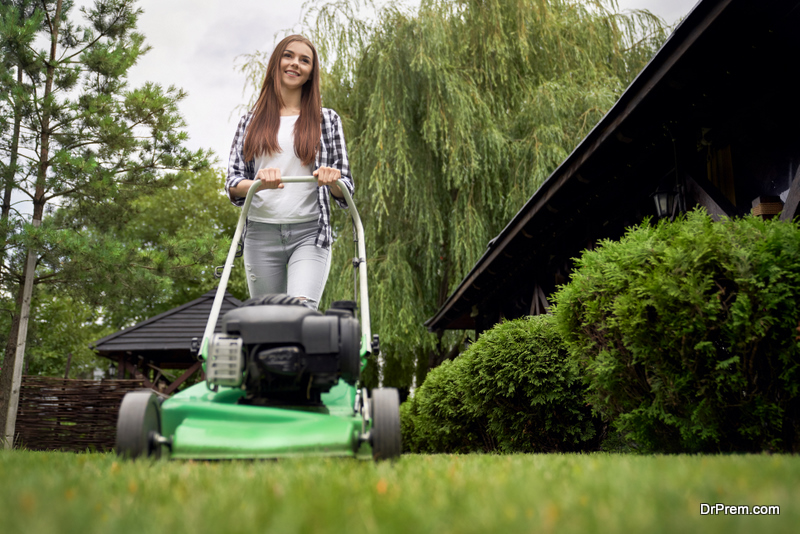Doing less is almost always the greener solution. After all, most of the impact people make on our world isn’t positive, so typically doing less is better for the world. It’s easy to see doing less as a sacrifice you make for the environment. However, doing less is often better for you as well as your environment. Here are two examples of when doing less is better for you.
1. Avoid Surgery
For many ailments, surgery is a go-to solution. You may not even think before you go under the knife. If surgery is the recommended treatment, you do what you need to get relief.
However, it’s becoming increasingly clear that surgery isn’t necessary as often as it used to be. For instance, back pain is one of the most debilitating and uncomfortable types of chronic pain. It is also extremely common.
A combination of surgery, medications, and rest were long believed to be the only real solution for back pain. However, new treatments are emerging that can enable you to avoid surgery. ThriveMD offers disc regenerative therapy, which can eliminate back pain and dramatically improve your quality of life without surgery. Many other common surgeries can also be avoided with the right non-invasive treatment. Before going with asurgical solution, consider your alternatives.
2. Minimize Landscaping
Hate maintaining your lawn? The environment isn’t a fan of your lawn either. The traditional approach to landscaping was ripping out native “weeds” and putting in monoculture lawns, flowers, shrubs, and trees that look attractive but don’t serve wildlife or pollinators.
However, this tradition is being rethought as a less invasive and more environmentally friendly way of gardening emerges. Gardening with native plants not only serves wildlife but also makes life easier for you.
Maintaining lawns and flower beds requires a lot of time, work, and money. Allowing a portion of your yard to go wild with native flowers or planting native fruit and shrubs that hold up well to challenging conditions requires less effort from you.
3. Go With a Less Invasive Approach
It can be easy to fall into the typical way of doing things, a way that often involved making big, fast changes to your body or garden. However, increasingly people are realizing that a less invasive strategy can have a myriad of benefits. Before you go under the knife or rip out native plants as so-called weeds, ask yourself if there might be a less invasive approach.
Article Submitted By Community Writer


